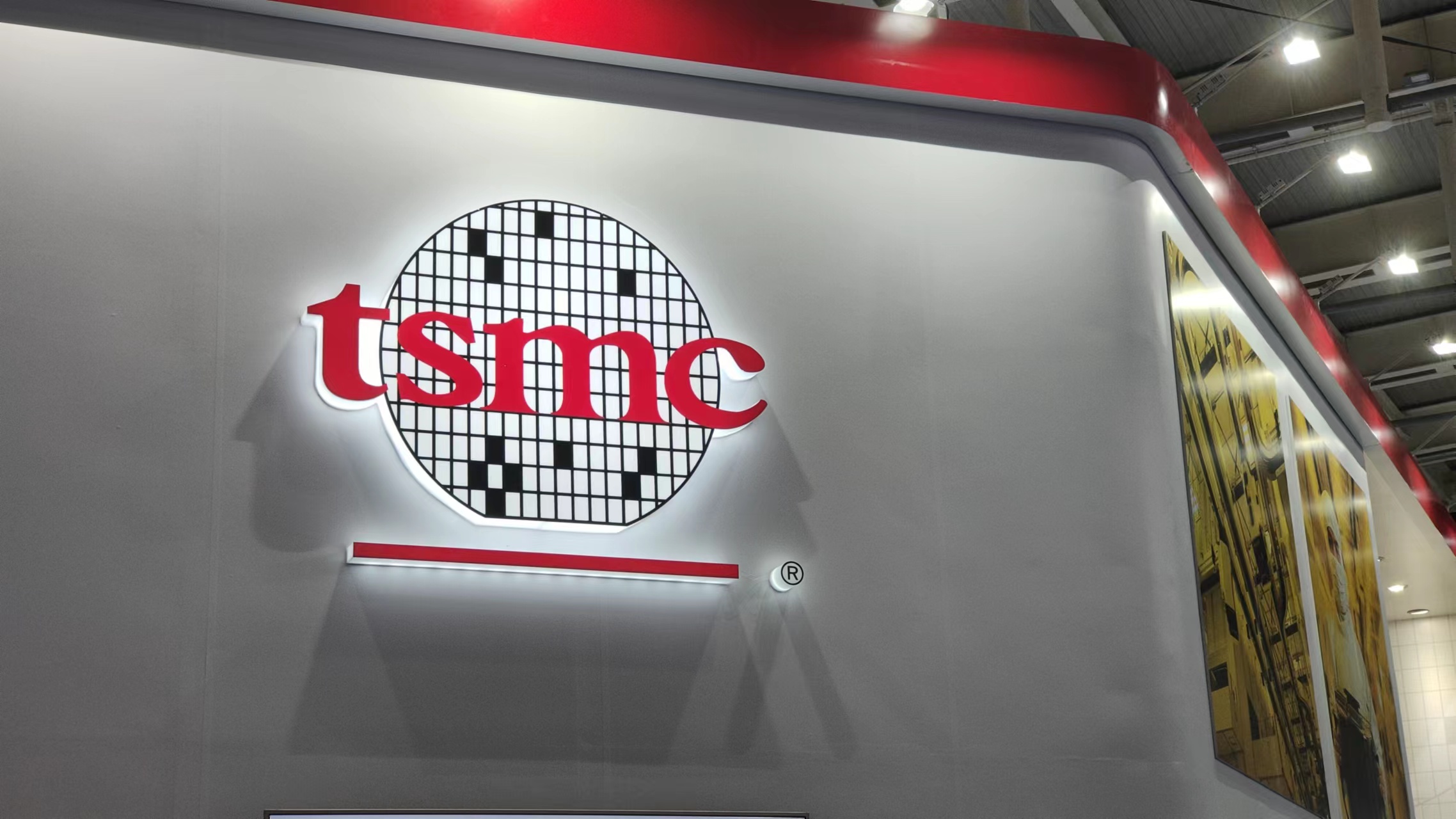In May 2023, an accident at TSMC's Arizona plant that resulted in the death of a worker sparked a six-month investigation by the Arizona Department of Occupational Safety and Health. The findings show that TSMC has failed to completely eliminate safety hazards that could lead to death or serious injury. On November 7, TSMC was fined $16,131, an important warning for the Asian company to adapt to U.S. safety regulations.
At the same time, TSMC is also facing a lawsuit over alleged discrimination against Asians in the hiring process. These incidents have not only raised questions about TSMC's success in transplanting its local management culture, but also reflected the difficulties of the company's cross-cultural operations. However, the U.S. Department of Commerce remains confident in TSMC's ability to adapt, approving $6.6 billion in subsidies under the CHIPS Act and plans to release at least $1 billion in 2024. This shows the U.S. government's expectation of TSMC to meet the challenges and achieve cultural and institutional integration.
Kaohsiung Plant: Unexploded Ordnance and Environmental Risks
In the Nanzi Science and Technology Industrial Park in Kaohsiung, Taiwan, the construction of TSMC's 2-nanometer wafer fab is also at risk. In less than three months, construction workers found two pieces of unexploded ordnance left over from World War II. The bombs were left behind during World War II, when the area was heavily bombed by the U.S. military as a strategic Japanese oil refinery.
TSMC quickly contacted the 8th Army Corps of the Taiwan Army to deal with the bombs, and the city government also pointed out that there may be a risk of more unexploded ordnance at the site. Although the temporary clearance has been completed, some engineers and observers are concerned that unexploded ordnance could pose a long-term threat to construction safety without a full clearance.
World War II-era explosives, such as Amatol, were further unstable due to the formation of sensitive crystals or salts. If an excavator hits a bomb, the consequences can be catastrophic. Experts from the Norwegian Defense Research Institute point out that this danger is rising globally due to the increased demand for deep foundation construction. The UXO (Unexploded Explosive Ordnance) issue at the Kaohsiung plant provides an opportunity for TSMC and the city government to collaborate and demonstrate global and local risk management.

Figure: TSMC faces new security challenges (Source: C114+)
Glocalization: TSMC's way to go
From Arizona to Kaohsiung, TSMC is on a difficult but necessary learning curve. How to successfully transform Taiwan's management culture, known for its "military-style" efficiency and hard work, into a global model that adapts to the legal culture of the United States and elsewhere is a key topic for the chip giant.
A similar transformation happened to Samsung, a South Korean company that has adapted to a diverse international corporate culture over the past few decades, eventually becoming globalized. As a latecomer, TSMC is expected to adapt quickly with its agile learning ability. Whether it's safety regulations in Arizona or unexploded ordnance disposal in Kaohsiung, TSMC needs to demonstrate its resilience in different cultures and environments.
Looking Ahead: From "Managing Damage" to "Managing Risk"
TSMC's quick response to the 2014 Kaohsiung gas pipeline explosion earned it the trust of local residents. This time, Kaohsiung's UXO issue once again provided an opportunity for TSMC and the city government to cooperate. Through proactive risk management, rather than reactive damage control, TSMC can not only ensure that the factory is completed on time, but also further strengthen its reputation in Taiwan and around the world.
Whether it's the uncharted territory of Arizona or the historical legacy of Kaohsiung, TSMC is answering the complex questions in the process of globalization with practical actions. By continuously refining risk management and cultural adaptability, the semiconductor giant is poised to become a model for how global companies can achieve "glocalization."






